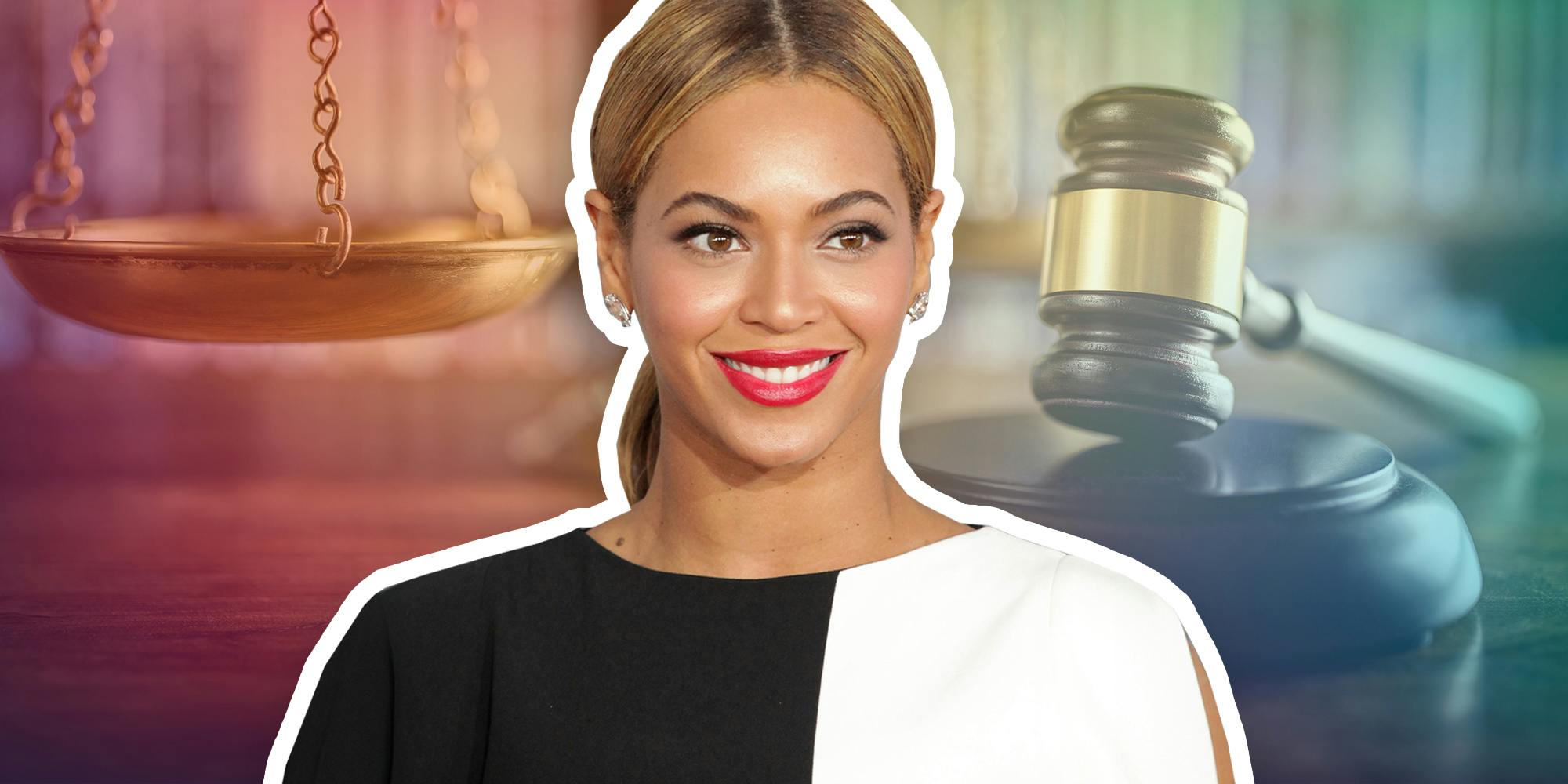
A New Hampshire state law that restricted how public school teachers taught subjects like race, gender, sexuality, and disability was ruled unconstitutional by a federal judge this week. In 2022, the law was used to investigate a teacher who showed Beyoncé's "Formation" music video to her students.
The law, N.H. Rev. Stat. § 193:40, specified that New Hampshire public school students couldn't be "taught, instructed, inculcated or compelled to express belief in, or support for" the idea that: one's identity makes them superior to others who don't share that identity; one's identity makes them consciously or unconsciously prejudiced; one should be discriminated against because of their identity; and people shouldn't treat others differently because of their identity.
The third prong of the law—prohibiting teachers from discussing implicit bias with students—targets critical race theory, or the idea that "race is a social construct, and that racism is not merely the product of individual bias or prejudice, but also something embedded in legal systems and policies."
The New Hampshire law was one of many state statutes that attempted to outlaw the teaching of "divisive concepts" in public schools—singling out racial equity and white privilege. Those laws came in the wake of President Joe Biden overturning former President Donald Trump's Executive Order 13950, which stopped federal employees from being taught critical race theory and the concept that "the United States is fundamentally racist or sexist."
After New Hampshire's law was passed in 2021, it was used to investigate high school social studies teacher Alison O’Brien after she showed her students Beyoncé's "Formation" music video and Childish Gambino's "This Is America" music video.
As reported by independent journalist Judd Legum, O'Brien showed the videos to her students as part of a unit on the Harlem Renaissance to help them better understand the messages that Black artists were trying to communicate during that historical period.
O'Brien was investigated by administrators at the school she worked at in Windham, New Hampshire after a parent complained. However, the Concord Monitor reported that the investigation didn't pan out to anything—but that it certainly spooked O'Brien's colleagues.
"One colleague decided not to show a clip from a popular TV show [to students in class] because she did not want to face the same kind of scrutiny and stress that I had faced," O'Brien said, as reported by New Hampshire Public Radio.
And it was confusion about what could and couldn't be taught in the classroom that motivated the teachers and school administrators to sue the state's Department of Education. The plaintiffs also claimed the law violated their freedom of speech.
U.S. District Judge Paul Barbadoro agreed with New Hampshire teachers and school administrators. In the decision ruling the law unconstitutional, the judge said it was simply too vague.
"Take, for example, the second concept, which prohibits teaching that a person, by virtue of his status in an identified group, is 'inherently racist, sexist, or oppressive, whether consciously or unconsciously,'" Barbadoro wrote, addressing the law's provision regarding teaching students about implicit bias. "Does instructing students on the prevalence of implicit bias teach them that some groups are 'inherently racist, sexist, or oppressive?'"
He also said the law was redundant: "I cannot determine what, if anything, the fourth concept prohibits that is not already banned by the first three concepts," Barbadoro wrote. He also called the fourth prong of the law's language nearly unintelligible.
The ACLU of New Hampshire, which represented the plaintiffs in the case, is celebrating Barbadoro's decision.
"This is an important win for educators and students in New Hampshire," Senior ACLU Attorney Emerson Sykes told WBUR. "And sends a clear message across the country that bans on inclusive education are unconstitutional and will not stand."
The internet is chaotic—but we’ll break it down for you in one daily email. Sign up for the Daily Dot’s web_crawlr newsletter here to get the best (and worst) of the internet straight into your inbox.
Sign up to receive the Daily Dot’s Internet Insider newsletter for urgent news from the frontline of online.
The post A critical race theory ban that centered on Beyoncé’s ‘Formation’ was just overturned appeared first on The Daily Dot.
from Tech https://ift.tt/wjTWPGV

0 Comments